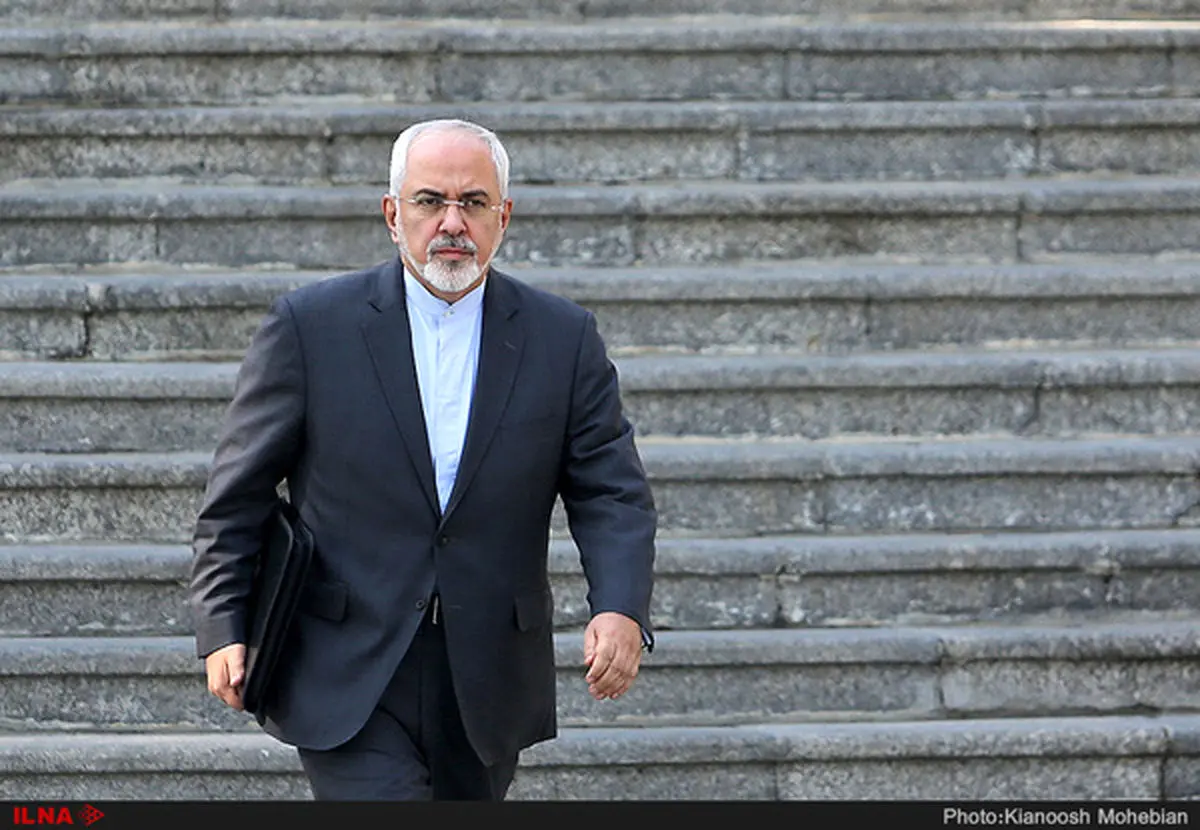Zarif can be trusted to lead any potential future negotiations; U.S Professor

“The current tensions are partly a result of the US violation of the 2015 nuclear deal (JCPOA) last year,” political science professor said.
A lecturer in International Studies at the Open University Edward Wastnidge said to ILNA news agency in an exclusive interview that the current tensions are partly a result of the US violation of the JCPOA last year, which has resulted in a sharp escalation of tensions, but they have their roots in the sense of Imperial hubris that has characterized US foreign policy in the 21st Century, and also UK foreign policy before that.
“Both the US and UK see themselves as having some kind of divine right to interfere in the politics and international relations of the Middle East. It is this sense of arrogance that is ultimately driving tensions.”
Political science professor said about Iran foreign minister that sanction a country's chief negotiator all at the same time - it's utter madness. They should realize that Zarif is a highly skilled, important person who has shown he can be trusted to lead any potential future negotiations.
Edward Wastnidge refers to U.S policy and added “Trump tries to paint himself as a skilled negotiator, citing the example of limited breakthroughs with North Korea. However, he is not fit to govern his own country, let alone lead diplomatic negotiations on sensitive and complex regional issues.”
“Trump uses the language of threats to try and bring Iran to the negotiating table, but this has proven counter-productive. Diplomacy works when calmness, respect and logic prevail. Trump needs to show some kind of goodwill before any thoughts about negotiations can be considered. Removal of sanctions against Iran would be a good start.
Asked whether Europe stands against Trump, he said “Europe has tried to maintain some independence from the US wrong-headed policy towards Iran, but has been caught in a difficult balancing act. This is primarily due to the economic power that the US still unfortunately exerts over the global economy.
He pointed to INSTEX system and added that “INSTEX is a model that has great potential. However, it needs to be given the full power to act independently of US punitive actions against it. At present it seems to be just about viable, but is too small-scale - it's mainly being used as a diplomatic tool to try and keep Iran onside, rather than a true, viable alternative to US-backed payment systems. I think if Russia and China came fully on board, then its potential would be huge.”
“I think that its hard to classify Europe as a single, monolithic whole, as I noted above. The UK seizure of a vessel off the coast of Gibraltar was an act of piracy, and illegal. Let's also not forget that it did so in disputed waters (Spain challenges UK ownership of Gibraltar), and so it is on very shaky ground when it starts to throw accusations at Iran.
Answering to question about the consequences of tension in Hormoz strait, he said “The most immediate consequences are increased oil prices and an increased foreign military presence in the region. It suits the US Arab allies to have more foreign military, ships etc ... in the Persian Gulf, because they are militarily weak and incapable of challenging Iran.
END
